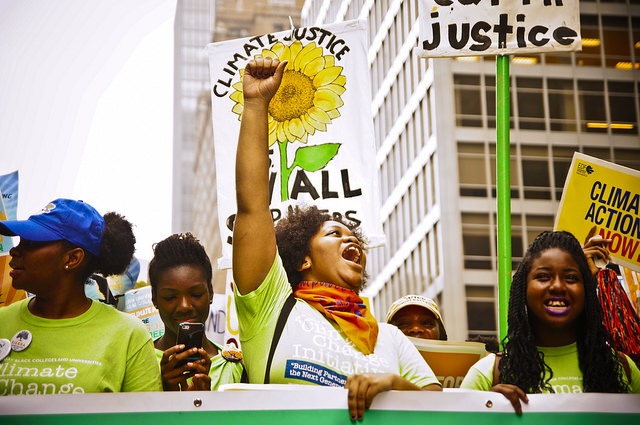Today is an historic day in the global response to climate change as the Paris Climate Change Agreement enters into force and becomes part of international law. To date, 92 parties have ratified the Agreement, covering 66 percent of global greenhouse gas emissions.
The Paris Agreement is a symbol of success for multilateralism in that never before has an international agreement been signed by so many countries. The speed with which the agreement has entered into force further underlines just how important the issue of climate action is for so many people around the world. Climate change impacts all the people in the world and to protect all the people requires solidarity and universal action.
While today marks an important milestone, there is still much to be done. Implementation of the Paris Agreement needs universal participation, the remaining countries need to complete their domestic ratification processes and be part of the global effort to implement the Agreement. The goals of the Paris Agreement, to hold the increase in global temperature to well below 2oC above pre-industrial levels and to pursue 1.5oC, will only be met if every country is enabled to plays its part.
The level of ambition committed to by countries through their Nationally Determined Commitments, is not sufficient to meet the goal of the Paris Agreement. But the Agreement establishes a system to review this ambition upwards and it is the responsibility of all actors including governments, sub- national governments, business, civil society and individuals to drive this ambition and to be active participants in implementing the Paris Agreement.
Next week, the annual UN climate conference, known as COP22, will take place in Marrakech, Morocco from the 7-18 November. At this meeting, countries will prepare for the implementation of the Paris Agreement and the principles of climate justice can help to ensure that the resulting actions deliver climate justice.


